It is frustrating to watch grocery bills rise while your basket feels lighter each time. Much of this is because many everyday products are priced more for their packaging, branding, and convenience than for their actual nutritional or practical value. By recognizing which items are poor investments and then switching to smarter alternatives, shoppers can cut costs, reduce waste, and even improve the freshness and quality of their meals. Below are seven grocery items that are often not worth the money, along with step by step ways to replace them, how much time it takes, what tools you need, and the research behind why they are better options.
Premium Bottled Water
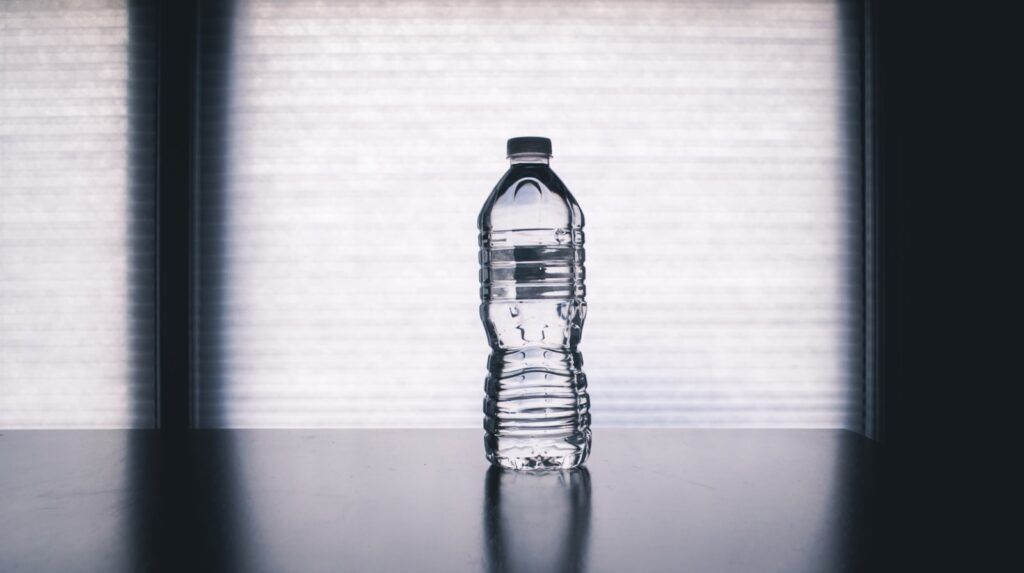
Bottled water costs up to 200 times more than filtered tap water. A pitcher or under-sink filter and reusable bottle provide equal quality. Replacing filters takes minutes every few months. This change saves money, reduces plastic waste, and lowers carbon impact. Research shows most bottled water is repackaged tap water.
Precut or Prewashed Produce
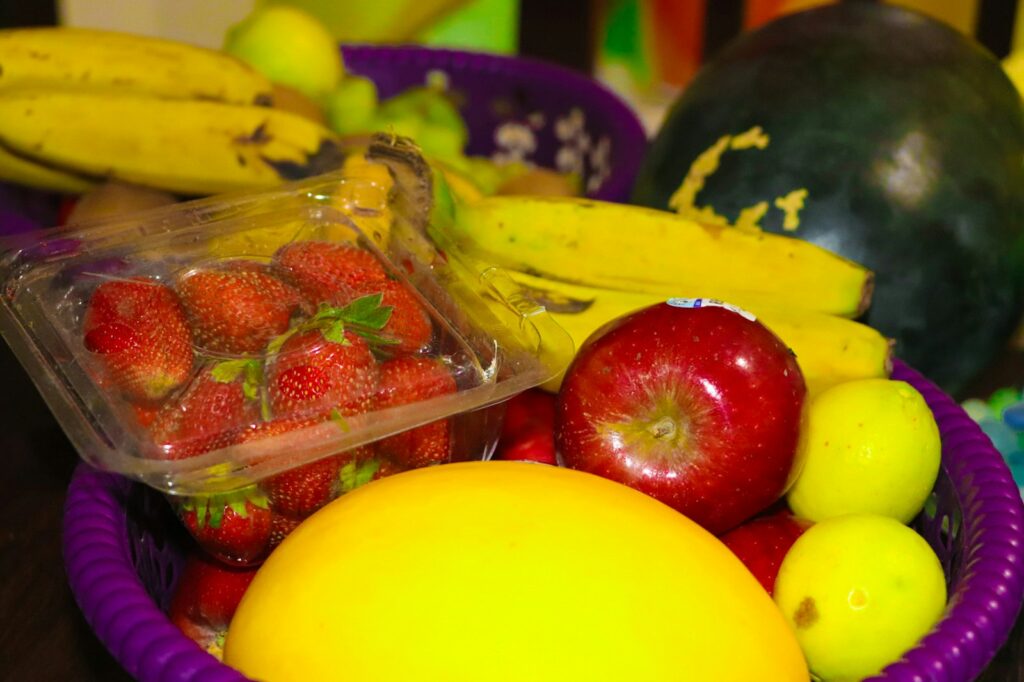
Precut fruits and vegetables cost 20 to 100 percent more per kilogram and spoil faster. Buying whole produce, washing, and slicing it yourself takes just 5 to 10 minutes. A knife, board, and containers are all you need. Studies confirm whole produce is cheaper, fresher, and generates less plastic waste.
Premixed Spice Blends
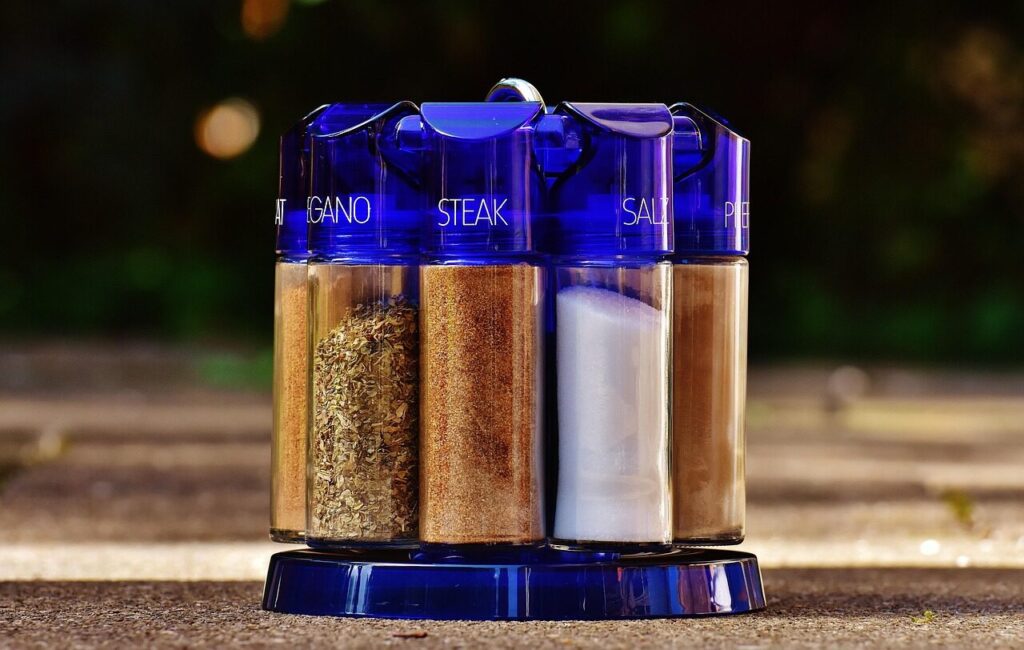
Premade spice blends are marked up and often padded with salt or fillers. Mixing your own takes under 10 minutes and costs far less. Buy core spices like cumin and paprika in bulk and store them in small jars. Research shows homemade blends are fresher, cheaper, and more flavorful than branded mixes.
Bottled Salad Dressings
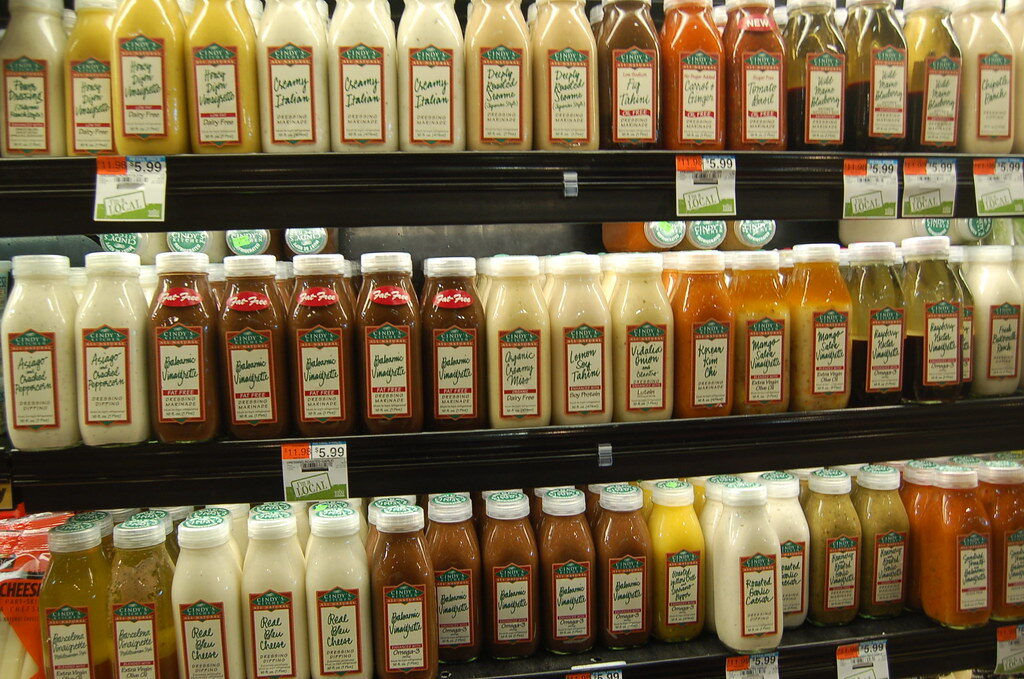
Bottled dressings are expensive and loaded with preservatives, sodium, and sugar. A simple homemade mix of oil, vinegar, and herbs takes less than 3 minutes. Store in a jar and refrigerate for up to 2 weeks. Research finds homemade dressings cost a quarter as much and have healthier nutrient profiles.
Single Serve Coffee or Tea Pods
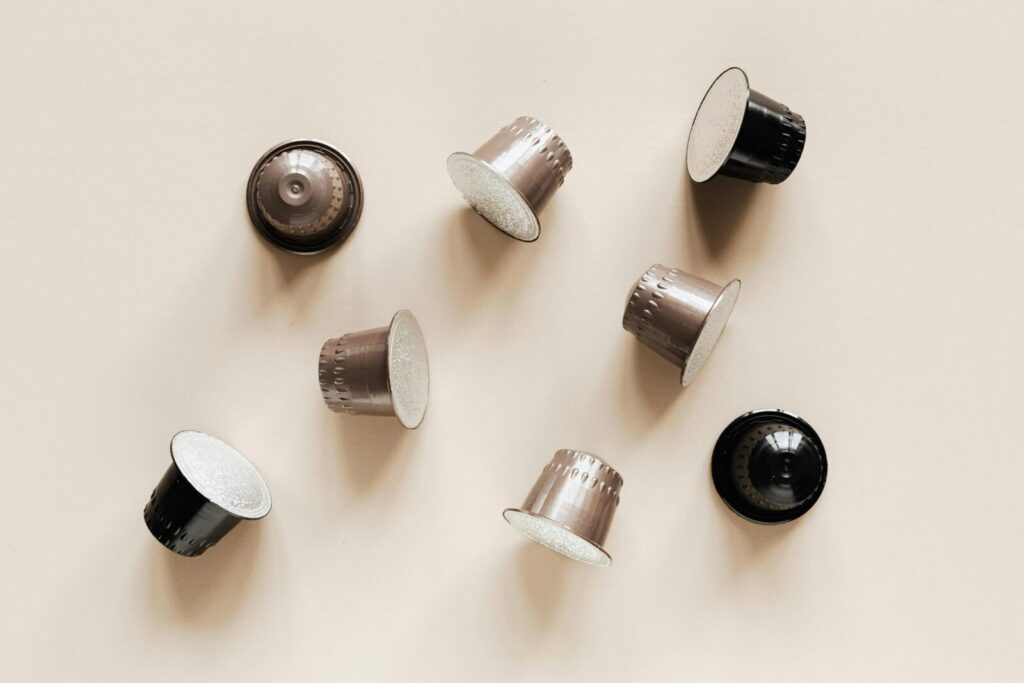
Pods cost 5 to 10 times more per cup than brewing with bulk coffee or tea and create waste. A French press or pour over makes coffee in 3 to 5 minutes with simple cleanup. Research shows brewing in bulk saves money, improves flavor control, and drastically reduces plastic packaging impact.
Organic Milk or Dairy Premiums
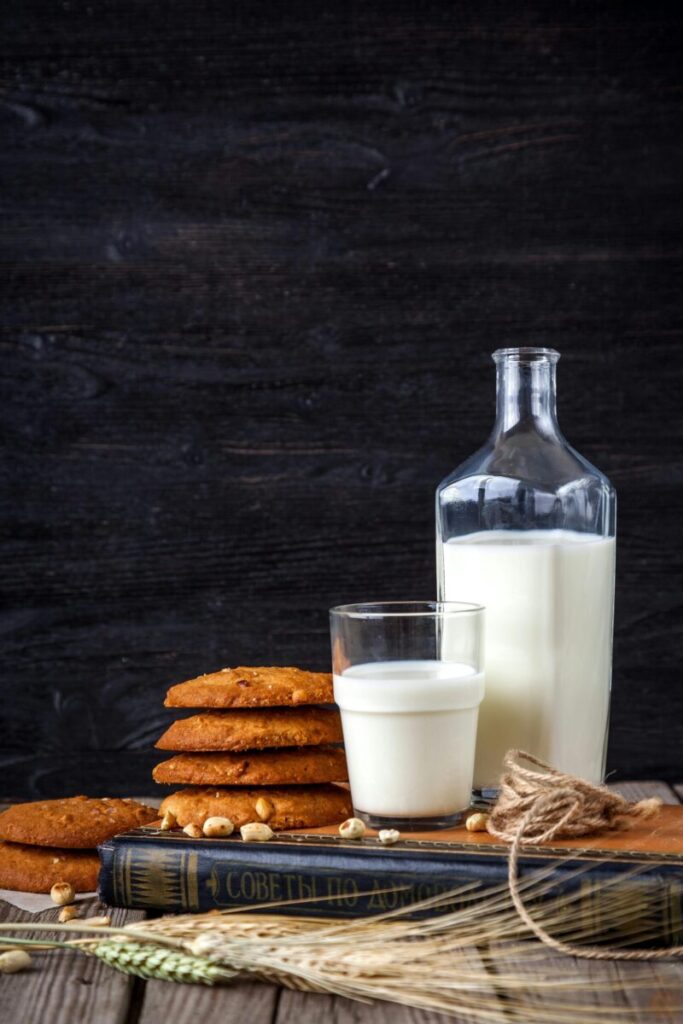
Organic or specialty milk often costs 15 to 25 percent more but offers little added nutrition. Conventional milk has similar protein, fat, and vitamins. Choosing store brands or freezing extra cuts waste and cost. Studies confirm taste differences are minimal and nutrition is almost identical under strong food safety standards.
Health Branded Convenience Foods
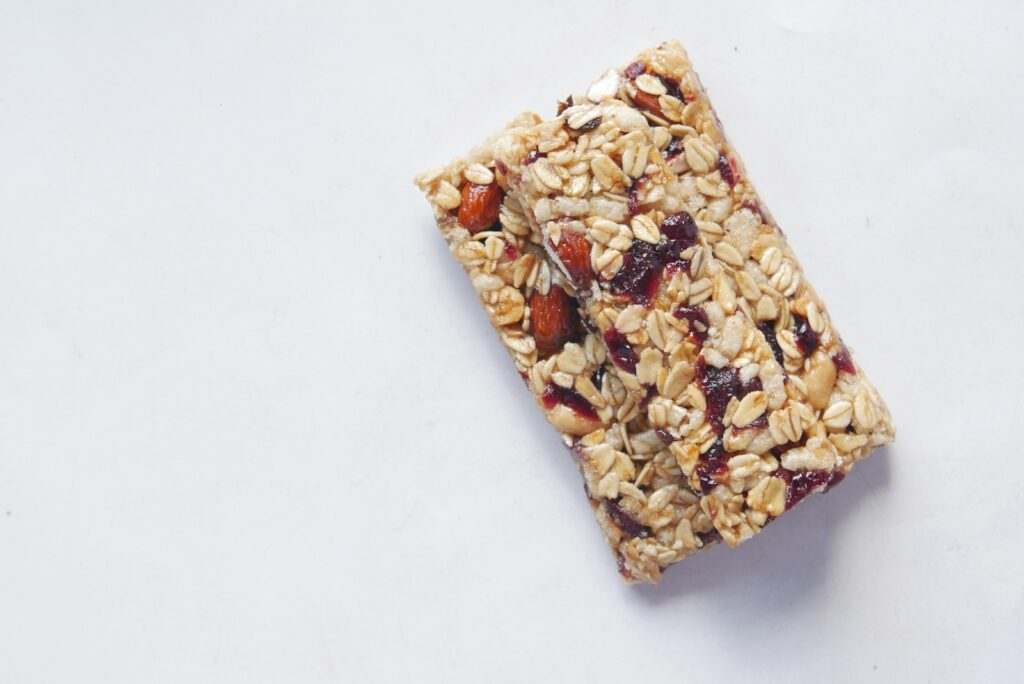
Protein bars, shakes, and superfood bowls are often overpriced and high in sugar. Homemade versions take about 15 minutes using oats, nuts, and yogurt or beans and grains. Research shows homemade snacks provide better nutrition at one-third the price. They also allow fresher ingredients and avoid unnecessary artificial additives.
Comments